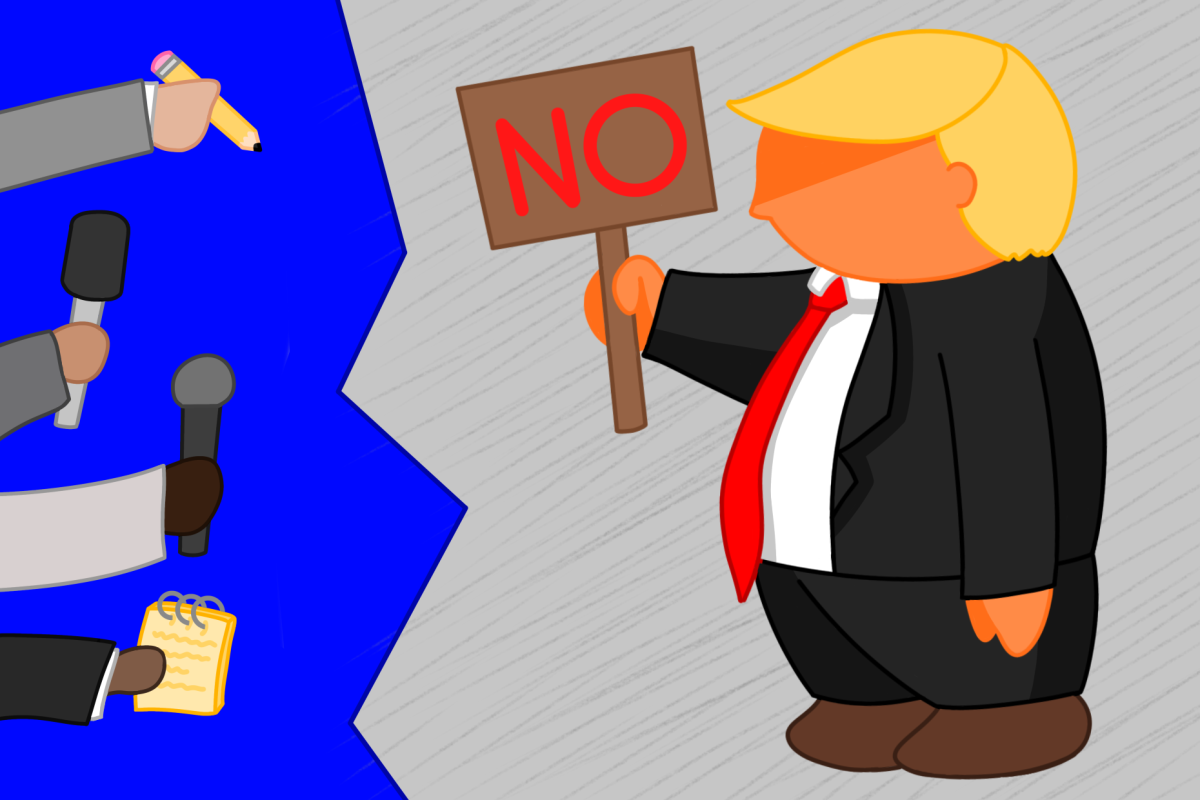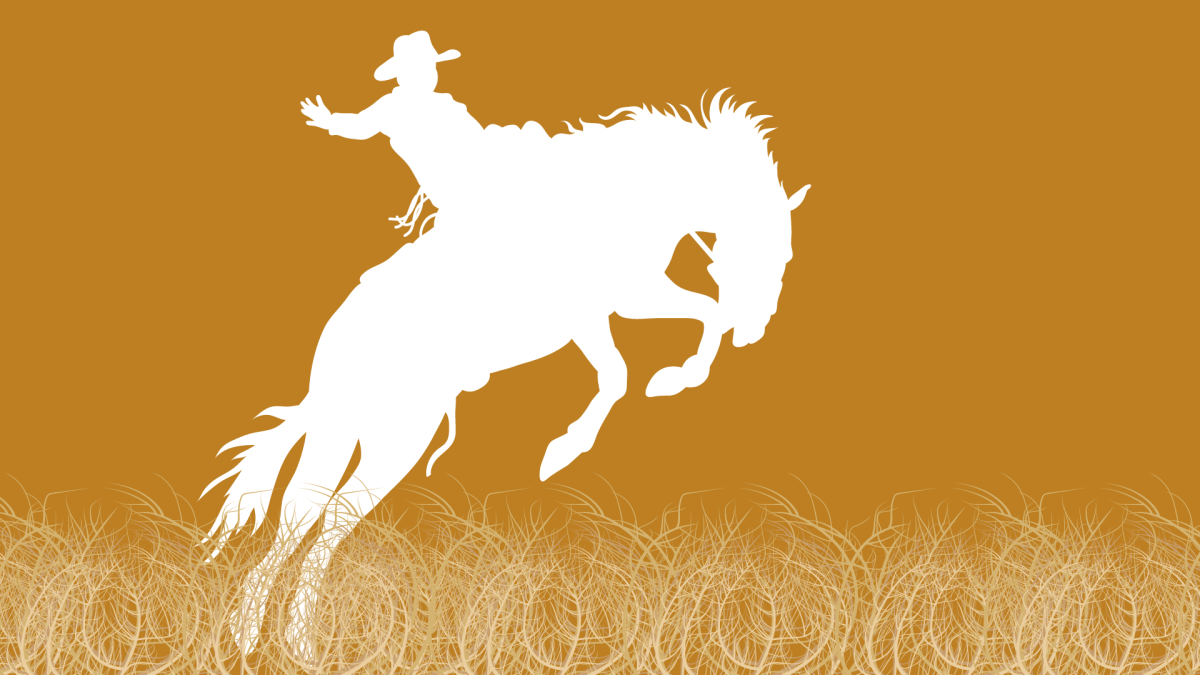Set in 1925 Montana after the closing of the American frontier, The Power of the Dog follows the lives of George and Phil Burbank, brothers from an affluent family of cattle ranchers, and the conflicts that arise after George marries and brings his new wife and stepson, Rose and Peter, into the Burbank household. At first glance, The Power of the Dog strikes you as any other western film. Sweeping shots of the Montana landscape and the grit and grime of the Burbank ranch draw you into thinking that you know what’s coming. Maybe hardy cowboys and crooked outlaws or wild horse races and train robberies might appear. Yet, underneath the surface of the film lies its true character, as The Power of the Dog is first and foremost a psychological drama.
In her first film in over a decade, director Jane Campion crafts an uncomfortable and eerie narrative that touches on such topics as the fragility of our mental health, physical and emotional isolation, and the power of our emotional manipulation of others. This was an unexpected twist for me, as I expected the film to be more of a standard drama, yet I was pleasantly surprised by this dark twist on a genre that is too often repetitive. I will say though, the film can be hard to watch at times, and if you have trouble with themes such as violence, alcoholism, and abuse, this may not be the movie for you.
If you should take away anything thematic from The Power of the Dog, it is that at its core it is a story of loss, grief, and resentment. Apart from George, who is largely a benign character in the film, every character grieves the loss of something dear to them and channels their grief into resentment. Phil resents Peter because he reminds Phil of his lost loved ones and represents the things about Phil that he is ashamed of. Peter resents the unwelcome world of the Burbank ranch and Phil’s tormenting behavior. Rose resents Phil because of the way he terrorizes and humiliates her during her transition into an affluent wife burdened by the expectations of upper-class domesticity. But the actions of these characters also present a deeper reflection. In their rises and falls throughout the movie, they demonstrate the destructiveness of allowing our resentment to control ourselves and failing to move on from the wrongs that we suffer. In their darkest moments, they lead us to recognize that too often we turn to our internal vices in an effort to cope with the pain of losing something or someone precious to us.
The cast of The Power of the Dog is absolutely incredible. Jesse Plemons well encapsulates George’s obliviousness to the dysfunction of his household, Kirsten Dunst’s descent from a light-hearted and caring mother into an unstable and desperate alcoholic was executed masterfully, and Kodi Smitt-McPhee perfectly captured the insecurity and guardedness of a gentle and effeminate young man who must suffer the hyper-masculinity of the frontier. However, Benedict Cumberbatch’s performance as Phil Burbank stole the show. Cumberbatch taps into the swagger and grit of the American cowboy in his endeavor to personify Phil, and in doing so brings to life a vain but complex man torn between who he tries to be and who he truly is. Without the quality of each of these actors’ performances, I don’t think I would have enjoyed this film nearly as much as I did.
One element of The Power of the Dog that personally stuck out to me was the score. Radiohead’s Jonny Greenwood delivers a score unlike any other I have heard in a western film. Rather than including the vibrant plucking of banjos or the exuberant guitar strings you hear in classical western scores, Greenwood opts for a more subdued and macabre sound, relying almost exclusively on atonal brass sounds and the cello to construct a score rife with anxiety, tension, and disorder. For a film almost entirely devoid of action and scarce in its dialogue, I was unnerved throughout my entire viewing of The Power of the Dog. I credit my unease to the relentless sense of foreboding accomplished by the film’s score.
It would be remiss of me to say that The Power of the Dog is without fault. For casual viewers, it is most definitely a test of patience, as the film does take almost half of its runtime to reach the heart of its story and start flexing its psychological muscles. Additionally, without giving anything away, the ending of the film may leave some viewers feeling confused or cheated. I was left scratching my head trying to puzzle out why it ended the way it did. I will also say that if you entered the film with certain expectations of western films, you may be disappointed with what you find. But beyond these three considerations, I don’t believe there are any other significant faults or glaring problems with the film.
I highly recommend giving this film a watch, if not at least because it was definitely an interesting viewing. Once again, I will leave a disclaimer that it may be hard to watch. I entered my viewing of The Power of the Dog with no prior information on the film other than that it was critically acclaimed and that Benedict Cumberbatch does a rather impressive western accent. In the end, I was pleasantly surprised by the story that I found. Though my list of my top films for the year is not yet that long, this film has definitely earned a place on it. I recommend that you watch it and see if it makes it onto yours as well.
Featured Image By Talisa Trevino
































